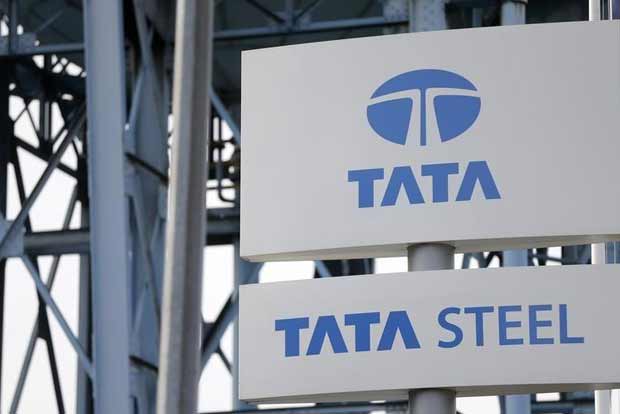Begin typing your search...
TSL MoU with Thyssenkrupp is step in right direction: Fitch
Tata Steel Ltd's (TSL) MoU with Thyssenkrupp AG to create a 50:50 JV in Europe paves the way for TSL to reduce exposure to a structurally weaker business, says Fitch Ratings.

Mumbai
TSL's operations in Europe face weak regional demand, high conversion costs and lack of captive raw-material sources. The reduction in direct exposure to this industry and the increase in the significance of its more-profitable Indian operations will not only reduce earnings volatility, but also improve TSL's overall business profile, Fitch said in a release here.
Fitch Ratings, however, said that the TSL's long-term issuer default rating (IDR) of 'BB' remains on rating watch evolving until further clarity on the proposed JV emerges with the signing of definitive agreements, which is expected by March 2018.
In addition, Fitch will look out for details on TSL's plans to significantly expand capacity in India and evaluate its impact on TSL's financial metrics and credit profile.
The proposed JV will be called Thyssenkrupp Tata Steel.
It will be formed on a non-cash basis, with both shareholders contributing assets and liabilities in order to achieve fair valuation. The JV will be the second-largest European flat steel producer with annual shipments of about 21 million tonnes.
TSL intends to transfer its European flat steel assets and around euro 2.5 billion of term debt to the JV, while Thyssenkrupp would transfer pension liabilities of euro 3.6 billion and its European flat steel assets and steel mill services.
The companies expect to sign definitive agreements after due diligence and shareholder approval by March 2018 and close the deal after anti-trust and other regulatory approvals in late 2018, it said.
The proposed JV's intended capital structure has been designed by the two partners to be self-sustaining, with the ratio of term debt to EBITDA in the last 12 months below 2x and expected cost synergies of Euro 400 million - 600 million annually.
TSL expects to service offshore net debt of around Rs 170 billion with the help of dividends from the JV. Given the lack of recourse by the JV to TSL and cash-flow exposure limited to dividends, Fitch will use the equity accounting method for this new entity, rather than proportionally consolidate the JV's financials when assessing TSL.
Fitch will also place an emphasis on the significance of the Indian business when assessing the business profile of the group.
While recent steel demand growth in India has been muted at around 4 per cent yoy in April-August 2017, the outlook is supported by accelerating public-sector spending and a preferential policy for locally processed steel in government procurement.
In addition, long-term anti-dumping duties provide protection from the threat of imports should international steel prices weaken, Fitch said.
Visit news.dtnext.in to explore our interactive epaper!
Download the DT Next app for more exciting features!
Click here for iOS
Click here for Android
Next Story



